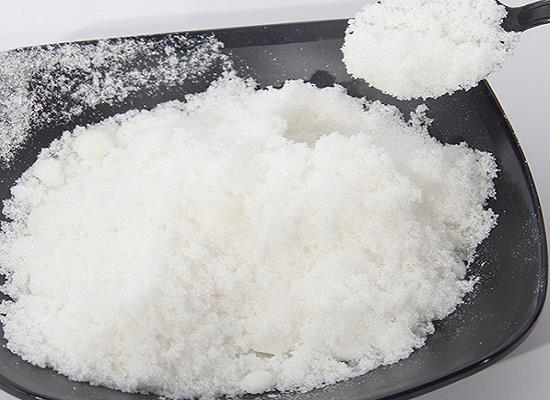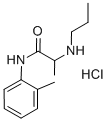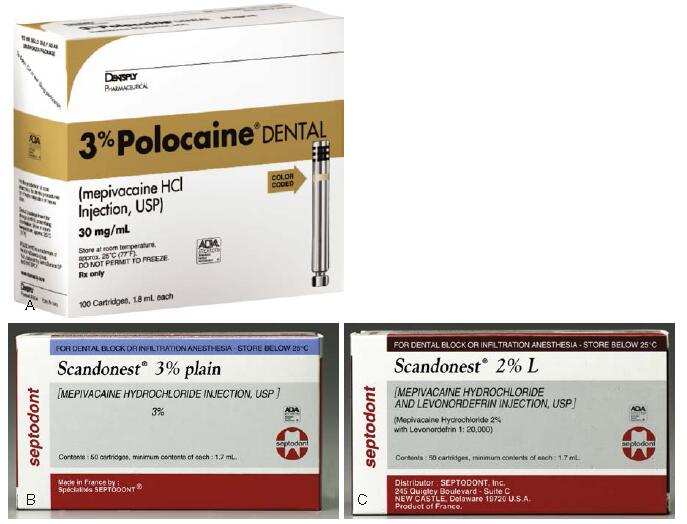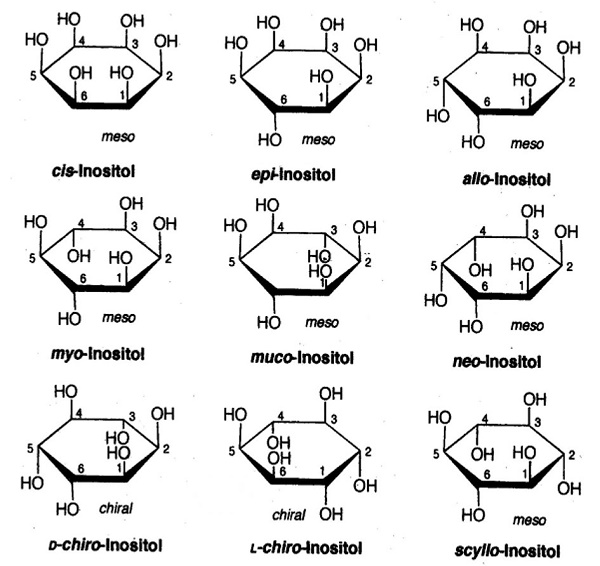Propitocaine hydrochloride: mechanism of action, clinical applications and side effects
General Description
Propitocaine hydrochloride, a local anesthetic belonging to the amide class, acts by reversibly binding to sodium channels in nerve fibers, inhibiting the initiation and conduction of nerve impulses. This mechanism blocks pain signal transmission to the brain, providing temporary pain relief. Its clinical applications range from minor surgical and dental procedures to regional anesthesia techniques, childbirth, and postoperative pain control. Additionally, it has been investigated for reducing pain associated with medical procedures like intravenous catheter insertion. While generally safe and effective, propitocaine hydrochloride can cause temporary numbness or tingling, mild allergic reactions, and in rare cases, more serious side effects such as difficulty breathing. Caution is advised for individuals with certain medical conditions.

Figure 1. Propitocaine hydrochloride
Mechanism of action
Propitocaine hydrochloride is a local anesthetic used to provide pain relief during various medical procedures. Its mechanism of action involves blocking the initiation and conduction of nerve impulses, thereby preventing the transmission of pain signals to the brain. Propitocaine hydrochloride belongs to the amide class of local anesthetics. It works by reversibly binding to sodium channels in nerve fibers, specifically the voltage-gated sodium channels present in the neuronal cell membrane. By binding to these channels, propitocaine reduces sodium ion influx and inhibits the depolarization phase of the action potential. This action prevents the generation and propagation of nerve impulses in the affected region, effectively numbing the area and providing temporary pain relief. Additionally, propitocaine also exhibits vasodilatory properties, which further aids in reducing pain and inflammation by increasing blood flow to the target area. 1
Clinical applications
Propitocaine hydrochloride, also known as prilocaine hydrochloride, is a local anesthetic medication widely used in clinical practice. Its clinical applications are diverse and well-established, making it an important tool for pain management in various medical procedures. One of the primary clinical applications of propitocaine hydrochloride is in local anesthesia for minor surgical and dental procedures. Its fast onset and intermediate duration of action make it suitable for use in procedures such as dental fillings, extractions, and minor skin surgeries. Moreover, its ability to provide effective anesthesia with reduced systemic toxicity enhances its safety profile, making it a preferred choice for outpatient settings. Furthermore, propitocaine hydrochloride is utilized in regional anesthesia techniques, such as peripheral nerve blocks and epidural anesthesia. These techniques are commonly employed in pain management during childbirth, postoperative pain control, and chronic pain conditions. Its efficacy in providing local analgesia contributes to improved patient comfort and satisfaction. In addition to its anesthetic properties, propitocaine hydrochloride has been investigated for its potential role in reducing pain associated with medical procedures, such as intravenous catheter insertion and blood sampling. This application reflects its versatility in addressing pain across different clinical scenarios. Overall, propitocaine hydrochloride's clinical applications encompass a wide range of procedures, from minor surgeries to pain management, highlighting its significance in modern medical practice. 2
Side effects
Propitocaine hydrochloride is a local anesthetic commonly used in medical and dental procedures. While it is generally considered safe and effective, like any medication, it can have side effects. It is important to be aware of these potential side effects before using propitocaine hydrochloride. The most common side effects of propitocaine hydrochloride include temporary numbness or tingling at the site of application. This is a normal reaction and usually subsides quickly after the procedure. Some individuals may experience mild allergic reactions, such as itching, rash, or swelling. If you notice any signs of an allergic reaction, it is important to seek medical attention immediately. In rare cases, propitocaine hydrochloride can cause more serious side effects. These may include difficulty breathing, chest tightness, dizziness, or confusion. If you experience any of these symptoms, it is crucial to stop using the medication and seek immediate medical help. It is worth noting that propitocaine hydrochloride should be used with caution in individuals with certain medical conditions, such as liver or kidney disease. It is always advisable to consult a healthcare professional before using this medication to ensure its safety and appropriateness for your specific situation. Overall, propitocaine hydrochloride is generally safe when used as directed, but it is important to be aware of and monitor for any potential side effects. 3
Reference
1. Boublik J, Gupta R, Bhar S, Atchabahian A. Prilocaine spinal anesthesia for ambulatory surgery: A review of the available studies. Anaesth Crit Care Pain Med. 2016 Dec;35(6):417-421.
2. Drugs and Lactation Database (LactMed?) [Internet]. Bethesda (MD): National Institute of Child Health and Human Development; 2006–. Prilocaine. 2020 Nov 16.
3. Tran AN, Koo JY. Risk of systemic toxicity with topical lidocaine/prilocaine: a review. J Drugs Dermatol. 2014 Sep;13(9):1118-1122.
You may like
Related articles And Qustion
See also
Lastest Price from Propitocaine hydrochloride manufacturers

US $33.00-11.00/kg2025-11-03
- CAS:
- 1786-81-8
- Min. Order:
- 1kg
- Purity:
- 99%
- Supply Ability:
- 300tons

US $5.00-0.50/KG2025-05-07
- CAS:
- 1786-81-8
- Min. Order:
- 1KG
- Purity:
- 99% hplc
- Supply Ability:
- 500TONS



